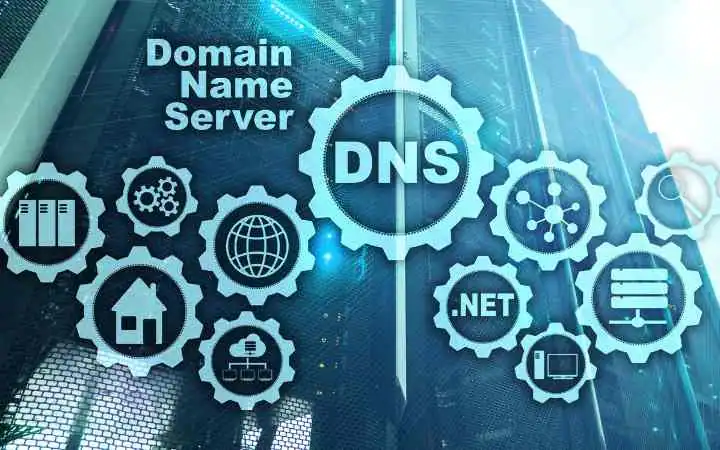How to Effectively Use Private DNS?

Discover the essence of private DNS, a crucial element for the security and performance of internet networks. Explore the reasons to enable or disable DNS lookup and learn how to effectively use private DNS. This article walks you through the fundamentals of Private DNS, answering key questions to optimize your online experience.
INTRODUCTION TO PRIVATE DNS
Private DNS is a key technology in the world of the Internet network. It is fundamental in how information and data are transported and secured online. A DNS server is like a directory that converts website addresses entered in human language (like openai.com) into IP addresses understood by machines. In this context, a private DNS provides an additional layer of security and customization for businesses and individual users.
SECURITY AND PRIVACY WITH PRIVATE DNS
BENEFITS OF PRIVATE DNS SECURITY
The main strength of a private DNS is its ability to improve network security. Unlike public DNS provided by Internet Service Providers, a private DNS can be completely controlled and customized by the user or company. This helps to better manage DNS queries and filter malicious traffic.
DATA PROTECTION AND CONFIDENTIALITY
A private DNS also ensures better data confidentiality. DNS queries passing through a private server are invisible to internet service providers, reducing the risk of third-party tracking or data collection.
CONFIGURING AND USING PRIVATE DNS
IMPLEMENTATION ON DIFFERENT DEVICES
Configuring a private DNS varies depending on the device and operating system used. For example, Android users can configure private DNS directly in their device settings. This flexibility allows for broader adoption of private DNS in different environments, whether for personal devices or in a professional setting.
CHOOSING A PRIVATE DNS PROVIDER
Choosing a DNS provider is crucial. Providers like Azure DNS offer robust private DNS services suitable for small and large businesses. Their services often include advanced features like DNS zone and record management.
IMPLEMENTATION IN ENTERPRISE NETWORKS
VIRTUAL NETWORK AND PRIVATE DNS
In an enterprise virtual network, implementing private DNS allows for more efficient management of internal DNS zones and DNS queries. This is particularly useful for businesses with specific traffic routing and data security needs.
TESTIMONIAL FROM A NETWORK EXPERT
A network administrator from a large company testifies: “The integration of private DNS into our architecture has significantly improved the security and performance of our network. The ability to personalize our DNS zones and finely control traffic was a major asset.
SECONDARY DNS: ROLE AND IMPORTANCE
COMPLEMENTARITY WITH THE MAIN DNS
The secondary DNS acts as a backup system for the primary DNS. In an environment where availability and resilience are essential, having a secondary DNS ensures continuity of service in the event of failure of the primary DNS server.
ENHANCED SECURITY AND LOAD BALANCING
Secondary DNS can also be used to distribute the load of DNS queries, thereby improving overall network performance. This distribution contributes to better management of traffic peaks and reinforces security by diversifying network access points.
Adopting a private DNS is a wise strategy for businesses and individual users concerned about the security and performance of their networks. Private DNS is an essential component of modern network infrastructure by providing increased control, better privacy, and enhanced security. With the rise of providers like Azure DNS, access to private DNS solutions is becoming more accessible and adaptable to different user needs.





